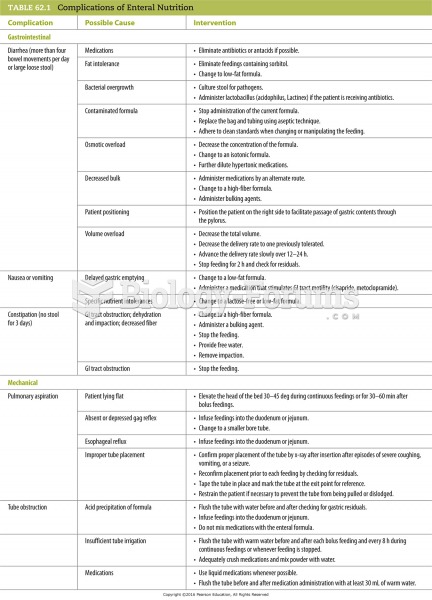|
|
|
The human body produces and destroys 15 million blood cells every second.
Drug abusers experience the following scenario: The pleasure given by their drug (or drugs) of choice is so strong that it is difficult to eradicate even after years of staying away from the substances involved. Certain triggers may cause a drug abuser to relapse. Research shows that long-term drug abuse results in significant changes in brain function that persist long after an individual stops using drugs. It is most important to realize that the same is true of not just illegal substances but alcohol and tobacco as well.
The most destructive flu epidemic of all times in recorded history occurred in 1918, with approximately 20 million deaths worldwide.
After 5 years of being diagnosed with rheumatoid arthritis, one every three patients will no longer be able to work.
The first documented use of surgical anesthesia in the United States was in Connecticut in 1844.







